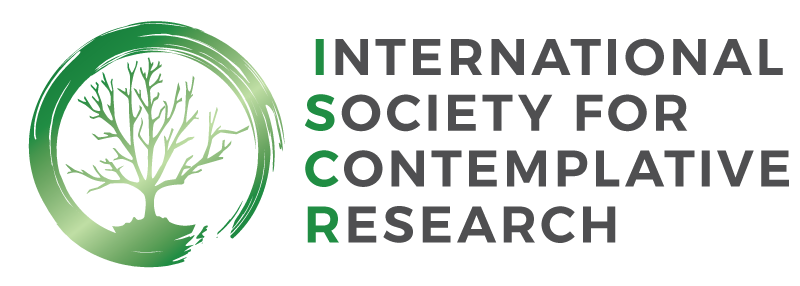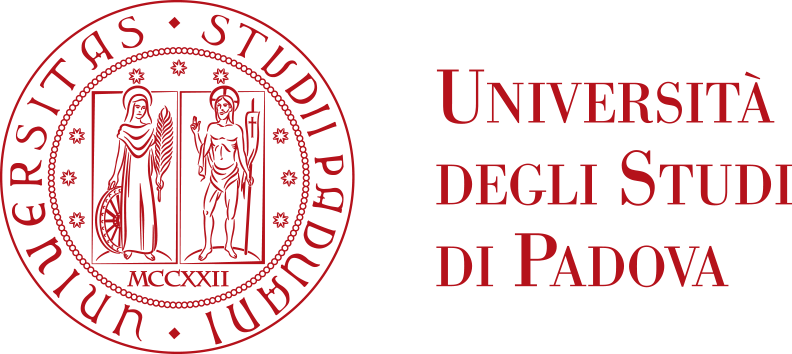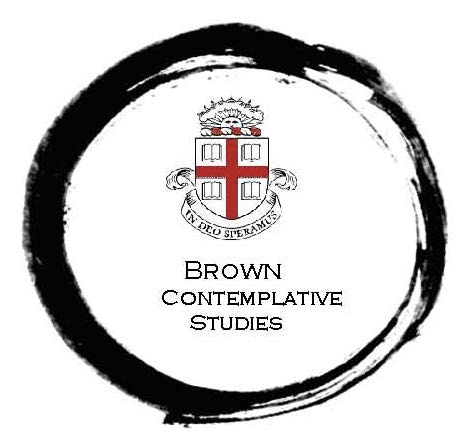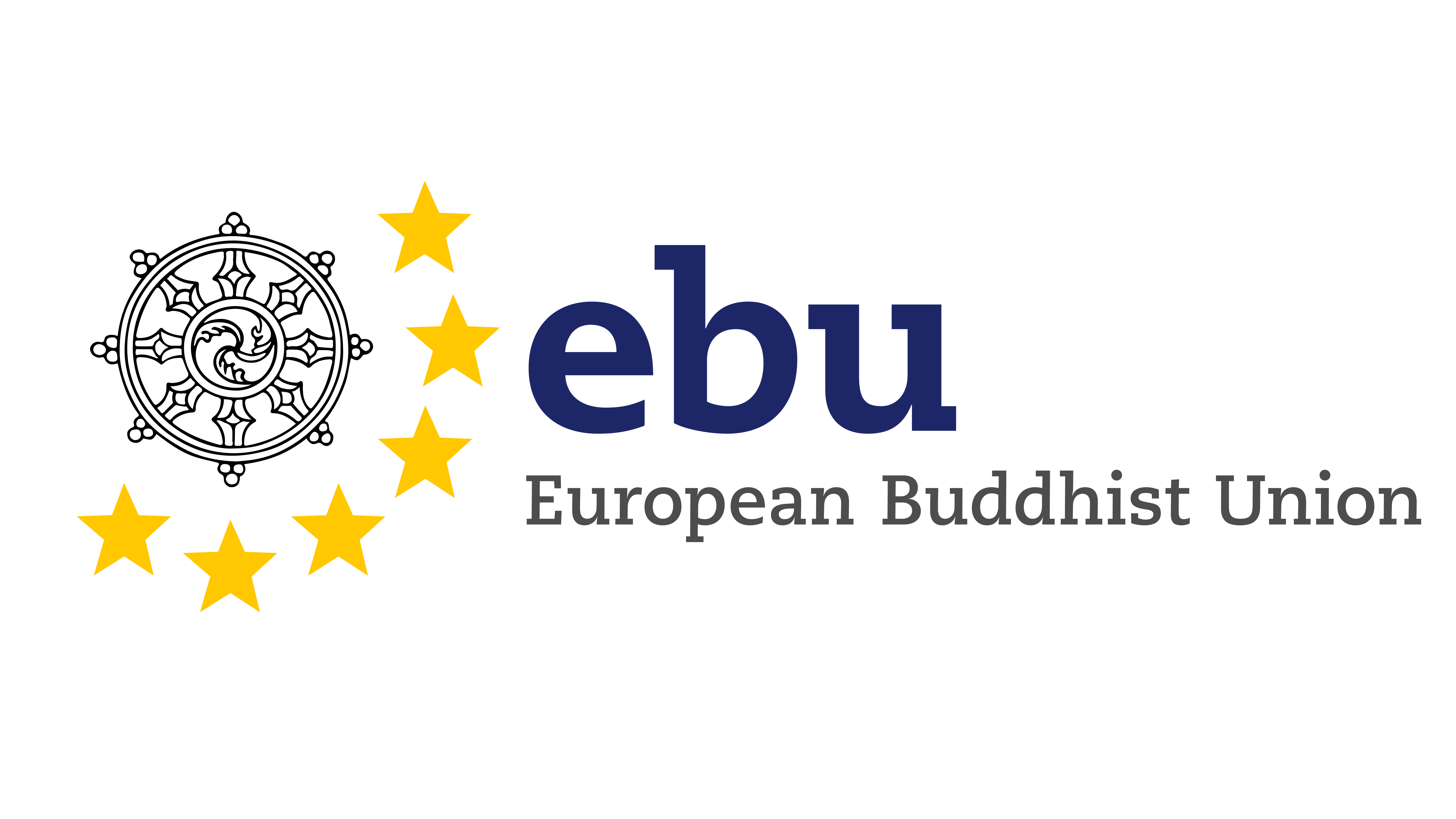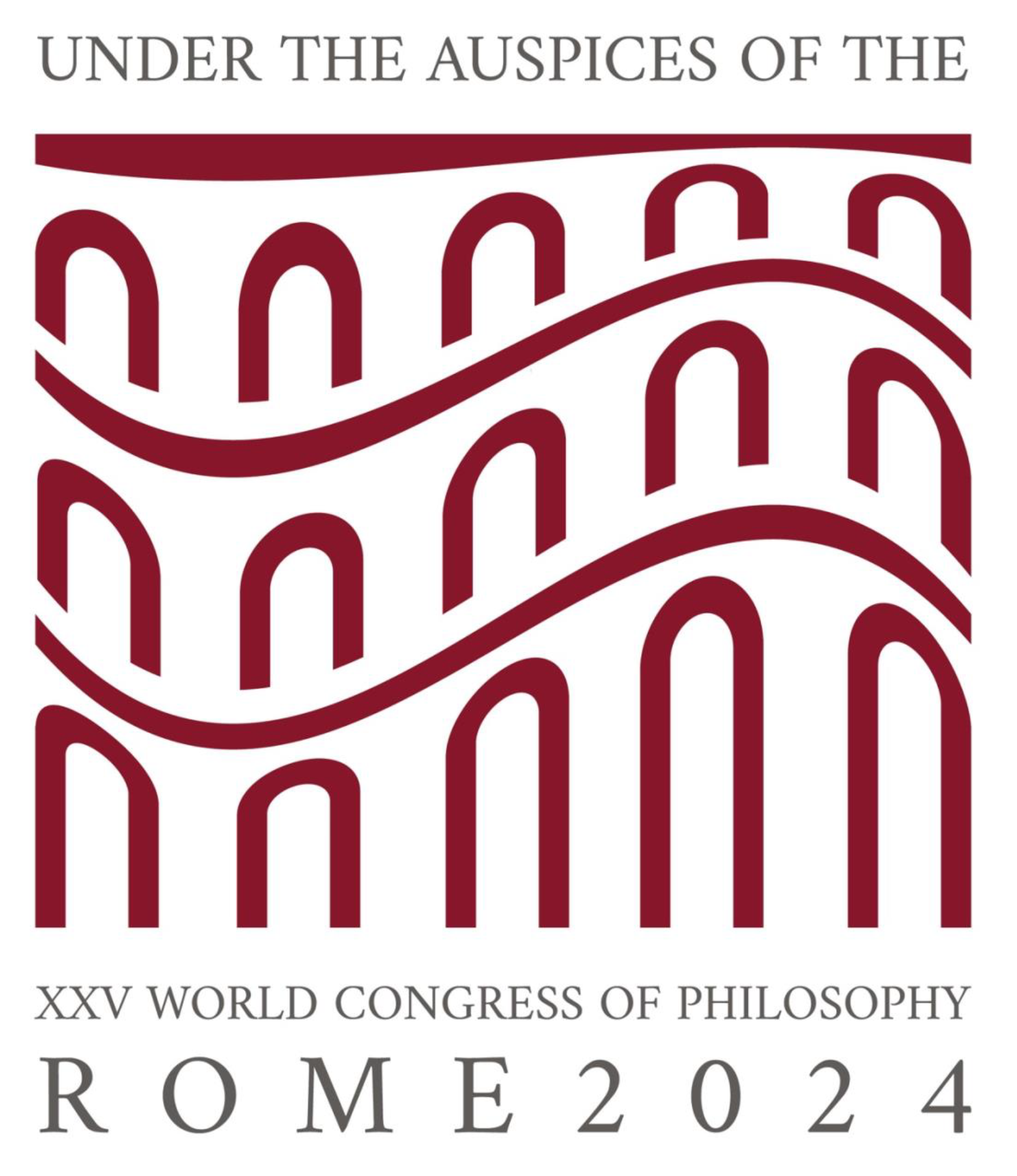Workshops
Kick off your ISCR Conference experience with our Pre-Conference Workshops on Monday, November 3, 2025. These sessions provide a unique opportunity for hands-on learning, in-depth exploration of key topics, and direct engagement with experts in the field.
Attendees may choose from a variety of specialized workshops designed to strengthen practical skills, spark new ideas, and foster meaningful discussion ahead of the main conference.
Workshop Pricing (Early Bird Rate):
- $40 – Single workshop
- $100 – Four workshops (best value!)
- ISCR REACH Committee Workshops are free to attend (attendees must register).
If you have already registered for the conference, you can add in workshops by following these steps.
Workshop 1 (two-part workshop): Mind-Body Practices in Psychedelic Therapy: Developing Protocols for Research, Training, and Integration
Date and Time: Monday, November 3, 8.30am – 12.00pm
Facilitators – David Vago, Rael Cahn, Kirk Warren Brown, Fadel Zeidan, Linda Carlson, Anthony King, Christopher Timmermann, Geoff Bathje, Amanda Giesler, Michael Mithoefer and Gita Vaid
Workshop Description
Emerging evidence suggests that psychedelic-induced clinical changes may be augmented by mind-body practices (eg., meditation), improving the efficiency with which individuals experience self-inquiry and insight towards transformation. However, integrating mind-body practices into standard psychedelic-assisted therapy (PAT) protocols presents unique challenges. This two-part workshop brings together leading neuroscientists, clinical researchers, and industry representatives to address the practical realities of psychedelic research, the development of standardized training protocols, and the appropriate integration of mind-body practices with PAT.
The first part will focus on methodological and regulatory hurdles of research integrating psychedelics and mind-body practices. Panelists will share insights into navigating FDA, DEA, and IRB approvals for this work, as well as designing innovative studies such as community-engaged citizen science trials that leverage naturalistic psychedelic use. The discussion will also explore the unique landscape of strategic pathways to influence policy, drawing from the Canadian Network for Psychedelic-Assisted Cancer Therapy. Through practical guidance and discussion with the audience, this session will explore the variety of opportunities to integrate mind-body practices into PAT—from preparation and set/setting to post-session integration.
The second part of the workshop will convene clinical training experts and industry representatives, including from MAPS, Numinus, and others, to discuss the development of standard frameworks for PAT training that include mind-body approaches. This discussion will address core competencies and regulatory challenges, while establishing best practices that optimize safety, efficacy, and transformative outcomes. Emphasis will be placed on integrating mind-body practices and opportunities for personalization to deepen the therapeutic process and enhance long-term integration. By linking cutting-edge research with practical training frameworks, this workshop aims to lay the groundwork for evidence-based, ethically attuned PAT that is scientifically rigorous and deeply contemplative.
Workshop 2 (two-part workshop): The Arc of Evaluation – A Model Framework for Mindfulness-Based Interventions and Organizational Change
Date and Time: Monday, November 3, 8.30am – 12.00pm
Facilitator – Michael Coplen
Workshop Description
In this two-part, 180-minute pre-conference workshop participants will explore how design, implement, and measure mindfulness-based interventions across the program lifecycle using the CIPP Model.Session 1 (90 minutes):The first session introduces the CIPP Model, an applied evaluation framework for continuous improvement and accountability. Participants will learn how to assess:Context: What needs or opportunities in the organization call for an MBI?Input: What evidence-based practices, resources, and stakeholder considerations shape design decisions?Process: How is the intervention being implemented, and what formative feedback mechanisms ensure adaptability and fidelity?Product: What are the intended and unintended short- and long-term outcomes, and how are they measured?This session will use case examples to illustrate evaluation questions, data collection methods, and challenges across organizational environments.Session 2 (90 minutes):Participants will apply the CIPP framework to their own MBI ideas or existing programs, and will be grouped based on their current position in the program lifecycle. Each group will receive guided prompts to design or refine their intervention plans, select appropriate metrics, and identify context-relevant evaluation strategies.Facilitators will provide feedback and tools to help participants clarify objectives, improve alignment between implementation and outcomes, and navigate organizational barriers. Participants will leave with a roadmap for designing or improving an MBI within their organizational context.The workshop expands the diversity of ISCR topics by integrating perspectives from organizational science, systems evaluation, and implementation research of effective MBIs —fields often underrepresented in contemplative conferences. Presenters bring lived experience and applied research expertise from transportation safety, healthcare, education, and corporate consulting. This session supports the ISCR mission to advance rigorous, inclusive, and translational research by offering participants practical tools and frameworks to bridge contemplative science and workplace impact.
Workshop 3: The Death of Shame Workshop; Sitting in the Discomfort of Destigmatizing the Shame Black of Womxn in America
Date and Time: Monday, November 3, 8.30am – 10.00am
Facilitators – Olivia Boyd and Salena Keys-Kukoricza
Workshop Description
As a result of systemic and societal inequities, Black womxn in America are at a significantly higher risk of dying from breast cancer, maternal mortality, stroke, or heart disease than women of any other race or ethnicity.
In her 2022 book, Under the skin: the hidden toll of racism on American lives and on the toll of our nation, Black American journalist and educator, Linda Villarosa sums the big picture up concisely in saying that Black Americans “live sicker and die quicker” compared to their White counterparts. It’s time to turn the tables and encourage these shameful systems to die instead of Black womxn. This workshop is for anyone, regardless of their identity, who is looking to understand better the vulnerability, empathy, and resilience involved in the destigmatization and reversal of harmful impacts of shame. We welcome you into a conversation about the shame around blackness and womanhood in America.
Join us as we hold space for the stories of Black womxn and shine light on what is typically hidden and silently endured. Through deferential discourse we highlight the weight of inequities that society places on Black womxn; and make a stance that this burden is not ours to carry. Presenters, Olivia and Salena, will open the workshop with a grounding mindfulness meditation and seal the workshop with an expression of their gratitude by leading participants through a loving-kindness meditation. Key themes: Black womxn in America, shame, stigma, stereotypes, depression, anxiety, resilience, and shame resilience
Objective: To engage with the research on how shame shows up in everyday life and what actionable steps can be taken to move through it, along with the opportunity to engage in an interactive discussion of how shame shows up in personal and professional relationships, the consequential health implications, and how to overcome this adversity.
Workshop 4: “How is everybody going on?” A Preconference Workshop featuring an Interdisciplinary Panel and an Interactive Art Expression (ISCR REACH Committee)
Date and Time: Monday, November 3, 10.30am – 12.00pm
Facilitator –Zev Schuman-Olivier, Doris Chang, and Richa Gawande
Workshop Description
We propose an interdisciplinary first- and second-person inquiry on resilience in the context of the current attacks on freedom of inquiry and expression in contemplative research. Multiple perspectives will be shared by those who engage in contemplative research and/or training programs that have been supported by federal funding. We will hear the experiences of those whose careers have been impacted or whose work or identities have been particularly targeted, (e.g., immigrants, LGBTQ, communities of color, healthcare/services researchers).
The three initiating facilitators have diverse identities, career focuses and leadership experiences, focused on health disparities research, directing a mindfulness research center committed to including diverse communities, or leading cross-cultural conversations with contemplative approaches. We anticipate inviting 3-4 additional contributors whose personal intersecting identities and careers add perspective. Panelists will share how their work and contemplative practices have been impacted, including how they are coping with possible psychological, cognitive, spiritual, and social challenges (e.g., moral injury, cognitive dissonance, isolation, hopelessness, and threatened core values – social justice and interconnectedness), what other funding sources they are pursuing, what pivots or difficult decisions they are making, and how they access strength and resilience.
We will begin and end with a grounding practice, interwoven with an opportunity for hands-on expression throughout the program, by inviting audience members to engage in an interactive art-making installation with personal responses to questions: “How am I impacted, What helps us go on, How can we support each other at ICSR, and How would we like to be supported”. The interactive installation will span the conference duration, opening to all attendees, growing with daily participation from ISCR participants who will be invited to feel, express, and constructively and collectively transmute some of the energy that is generated in the conference, fostering connection and resilience for us all.
Workshop 5: Universities in Crisis: Contemplative Practices as support in Speaking Truth to Power (ISCR REACH Committee)
Date and Time: Monday, November 3, 13.30pm – 15.00pm
Facilitator – Jennifer Rioux
Workshop Description
BACKGROUNDThis workshop is a practical exploration of the use of contemplative practices for individuals and groups to cultivate resilience in the current climate of hostility towards open academic enterprise at US Universities. The workshop is designed to share practical skills that can be used diachronically or on short notice to preserve neural plasticity and dignity of personhood in the face of threats to the integrity of free expression and solidarity.
METHODS: Workshop will explore peer-reviewed academic literature demonstrating that burnout in workplace settings is preceded by moral injury, which is preceded by institutional betrayal. Moral injury takes place wjhen committed scholars are hindered in their teaching, research and mentorship missions. Institutional betrayal is represented by universities capitulating to threats of governmental intrusion/ oversight and punitive actions against students and faculty. Contemplative practices from the Deep Relating paradigm will be explored, undergo group reflection, and discussion of potential application in participants’ workplace settings.
RESULTS:Participants will engage with an evidence-based understanding of the relationships between burnout, moral injury and institutional betrayal. They will receive instruction on a core set of contemplative practice via the Deep Relating paradigm with actionable transfer as intra- and inter-personal support tools to build resilience in specific contexts under the current stressors of moral crisis in academia.
CONCLUSIONS:This workshop is innovative in concept and design, as it mines the evidence base to draw connections between workplace stress and the phenomena of burnout, moral injury and institutional betrayal in the climate of attacks on university integrity and responsible scholarship.
FUNDING: No funding. Presenter is ISCR Board member/ REACH Committee member.
Workshop 6: From Me to We: Advancing Contemplative Praxis from Inner Growth to Outer Change
Date and Time: Monday, November 3, 13.30pm – 15.00pm
Facilitators – Lisa Napora
Workshop Description
How might contemplative practice evolve into a living praxis capable of addressing the challenges of our interdependent and uncertain world? This workshop explores how advancing contemplative praxis bridges inner transformation with outward action to foster individual, relational, and societal change. Grounded in the WeShift Institute’s awareness-based social change model, this session introduces principles and practices that foster the shift from “me” to “we,” building our inner-infrastructure and capacity for collective wellbeing. This model is rooted in the transformative power of awareness and engaged practice-in-action, informed by contemplative, quantum, and systems sciences—offering an integrative framework for personal-to-social change.
Positioned at the intersection of contemplative studies, inner development, and social innovation, this workshop invites inquiry into how mindful development can be oriented toward collective flourishing. We examine how contemplative inquiry can move beyond personal insight to catalyze community-based praxis, exploring how practices enact inner and outer change. Drawing on narratives, surveys, and interviews, we highlight reported shifts including increased freedom from ingrained norms, a growing sense of ‘we-ness,’ and a transformed relationship with change—marked by greater agency, action confidence, and enhanced relational capacities.
Attendees will engage in practices that embody these shifts–experiencing themselves as fractals of change. This session bridges research and application, contributing to the growing discourse on how contemplative development can extend beyond the personal to support societal transformation. We aim to illuminate pathways for practice, programming, and applied research—positioning contemplative praxis as a regenerative force in service to a more just and thriving world.
Workshop 7: Teaching Attention: Practical Exercises for Ethical and Intellectual Presence
Date and Time: Monday, November 3, 13.30pm – 15.00pm
Facilitators – Katie Leonard and Michael Vazquez
Workshop Description
What does it mean to see things “as they really are”? And how might attention shape education and contemplative practice for learners across the lifespan? This interdisciplinary workshop explores attention as a moral, intellectual, and contemplative practice. Drawing from philosophical traditions (including Iris Murdoch and Simone Weil), educational theory, and recent university-wide pedagogy initiatives, the session demonstrates how cultivating attention fosters clarity, ethical responsiveness, and belonging in an age of distraction. Participants will engage in hands-on, replicable practices developed through Educating for the Virtues of Attention (EVA), a new initiative at UNC-Chapel Hill. These exercises are informed by the Virtues of Attention Pedagogy—practices designed to help students develop habits of seeing clearly, listening ethically, and thinking patiently in the face of complexity. We begin with short readings from philosophical texts, followed by small-group work to distill and compare working definitions of attention.
Participants will then move into practicing pedagogical activities—drawn from both classroom and co-curricular settings—adaptable to their own teaching or facilitation contexts. These accessible, experiential practices are designed to nurture attention across disciplinary and methodological contexts. Finally, participants will read and discuss short real-world scenarios and classroom case studies illustrating the ethical and interpersonal dimensions of attention, deliberating about how attentional habits shape learning, flourishing, and community. Conferring about attention’s role across the lifespan and shared spaces invites participants to consider the value in motivating their own perspectival rebirths, the fruits of seeing the world anew.
This workshop positions attention as not just a tool for academic performance but also formative practice—one that shapes how we see, how we relate, and how we live. Participants will leave with concrete strategies, model activities, and a renewed vision for integrating attention into their own educational and contemplative practices.
Workshop 8: Beyond John Henryism: When Persistence Harms and Embodied Authenticity Heals for Black Women
Date and Time: Monday, November 3, 15.30pm – 17.00pm
Facilitator – Millicent Robinson
Workshop Description
Black women are often socialized from childhood to be strong, courageous, self-reliant, and innovative (hooks 1993). This type of socialization has been intergenerationally transferred without cease. Nevertheless, there is a severe price Black women pay for this in terms of physical health outcomes.John Henryism, defined as high-effort active coping with psychosocial and environmental stressors (James et al. 1983), reflects the broader societal context shaping Black populations navigating racism and capitalism.
While most research on John Henryism has focused on men, many Black women similarly engage in this high-effort coping unknowingly. This coping style functions through an unconscious disconnection between mind and body—a psychological “success” that enables goal achievement and task completion while simultaneously creating physiological harm. The mind benefits while the body bears the burden.This interactive session introduces John Henryism as a framework for understanding Black women’s coping strategies and their complex health implications.
Drawing from original research, we explore this paradox of mental resilience at physical cost, and present mindfulness as a pathway to developing what hooks (1993) calls a “counter-system of valuation” through embodied authenticity.Participants will develop personal mission statements that acknowledge this mind-body tension, establish practices that promote integrated well-being, identify community-based support systems, and share mindfulness tools for sustainable achievement. The session begins and ends with brief meditations demonstrating how mindfulness creates space for accomplishment without bodily sacrifice.
Join us in exploring how embodied authenticity offers Black women alternatives to physically costly coping strategies.This workshop contributes to the diversity of ISCR Conference speakers and topics by providing a way for research focused on Black women, high-effort coping, and mindfulness to shift from theory to practice. Furthermore the session will be led by a Black woman interdisciplinary health and well-being scholar who is also a certified Reiki Master Practitioner.
Workshop 9: Six Healing Breaths and Daoist Perspective on Longevity
Date and Time: Monday, November 3, 15.30pm – 17.00pm
Facilitator – Jun Wang
Workshop Description
Since ancient times, breathing techniques have been integral to Daoist contemplative practices to enhance mental and physical well-being and spiritual cultivation. This 90-minute workshop explores the Six Healing Breaths, a Daoist longevity practice rooted in the sixth-century alchemist Tao Hongjing’s life-extending methods. Each of the six Breaths corresponds to an internal organ according to the wǔxíng (Five Elements or Phases) theory, addressing imbalances related to wind, heat, cold, emotional disturbances, and fatigue.
This breathing practice harmonizes the individual with the cosmos and the earth, allowing qì (vital energy) to flow naturally through wúwei (effortless, non-striving action). Blending lecture with embodied practice, this experiential session investigates key concepts of Chinese spiritual philosophy, including Dào (道), clarity and stillness (清淨), qì (氣), and yīn-yáng (陰陽), through both textual understanding and contemplative experience.
Participants will engage with selected excerpts from Daoist classics, followed by a 50-minute interactive session, which includes standing meditation and the Six Healing Breaths.
By the end of the workshop, participants will experience deep rest and inner peace through listening to the body in sound and silence, discover connections between breath, awareness, and subtle energy qì, and obtain new insight into Daoist contemplative traditions.
Workshop 10: The Arc of Life and Death through Radical Compassion in Feeding Your Demons: a Jungian and Buddhist Overview and Guided Practice
Date and Time: Monday, November 3, 15.30pm – 17.00pm
Facilitator – Kate Greer Dickson
Workshop Description
BACKGROUND AND AIMS: Kate Greer Dickson is a Feeding Your Demons (FYD) facilitator/teacher, apprentice Dharma teacher at Tara Mandala, yoga teacher of 20 years, has master’s degrees in journalism and psychology, and is currently a PhD candidate in Depth Psychology through Pacifica Graduate Institute. The aim of this presentation will be part lecture and part guided experiential process of FYD. The origins of FYD in the Tibetan Buddhist practice of Chöd cut right to the heart of the arc of life and death. In the traditional practice, the appeasement of demons, who all reside in the mind, was done through a body offering where one metaphorically breaks down the ego in an act of radical self-compassion.
METHODS:The lecture will provide background history of FYD, including its Buddhist origins and western psychological influences. This discussion will also cover the parallels between a Buddhist and Jungian understanding of ego, as it pertains to self-clinging and fear of death. Participants will then experience the process itself. No prior meditation experience is necessary, and people sit in chairs. To learn more about FYD, please visit feedingyourdemons.com.
CONCLUSIONS:I am submitting this proposal as a pre-conference workshop for time reasons. Last year I believe, Dr. Eve Ekman and I had 45-50 minutes for part lecture and part practice. Therefore, if it was more convenient to schedule a guided FYD session as additional offering (or more than one!) throughout the conference, I am happy to share the practice that way. In addition, I am a longtime Hatha Yoga teacher, and would be happy to lead yoga – or meditations. I found these experiential offerings at last year’s conference to be incredibly enriching!
ACKNOWLEDGEMENTS AND FUNDING:Kate gratefully acknowledges Lama Tsultrim Allione and the Tara Mandala community, including the FYD network.
